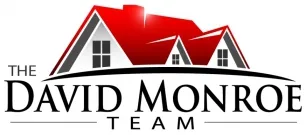This website uses cookies to improve your experience when browsing our website. By clicking on the “Accept” button or continuing to use this site, you are agreeing to their use. Learn more about our use of cookies and how to restrict usage in our Cookie Policy. By visiting this website and using our services you agree to our Terms of Service.
